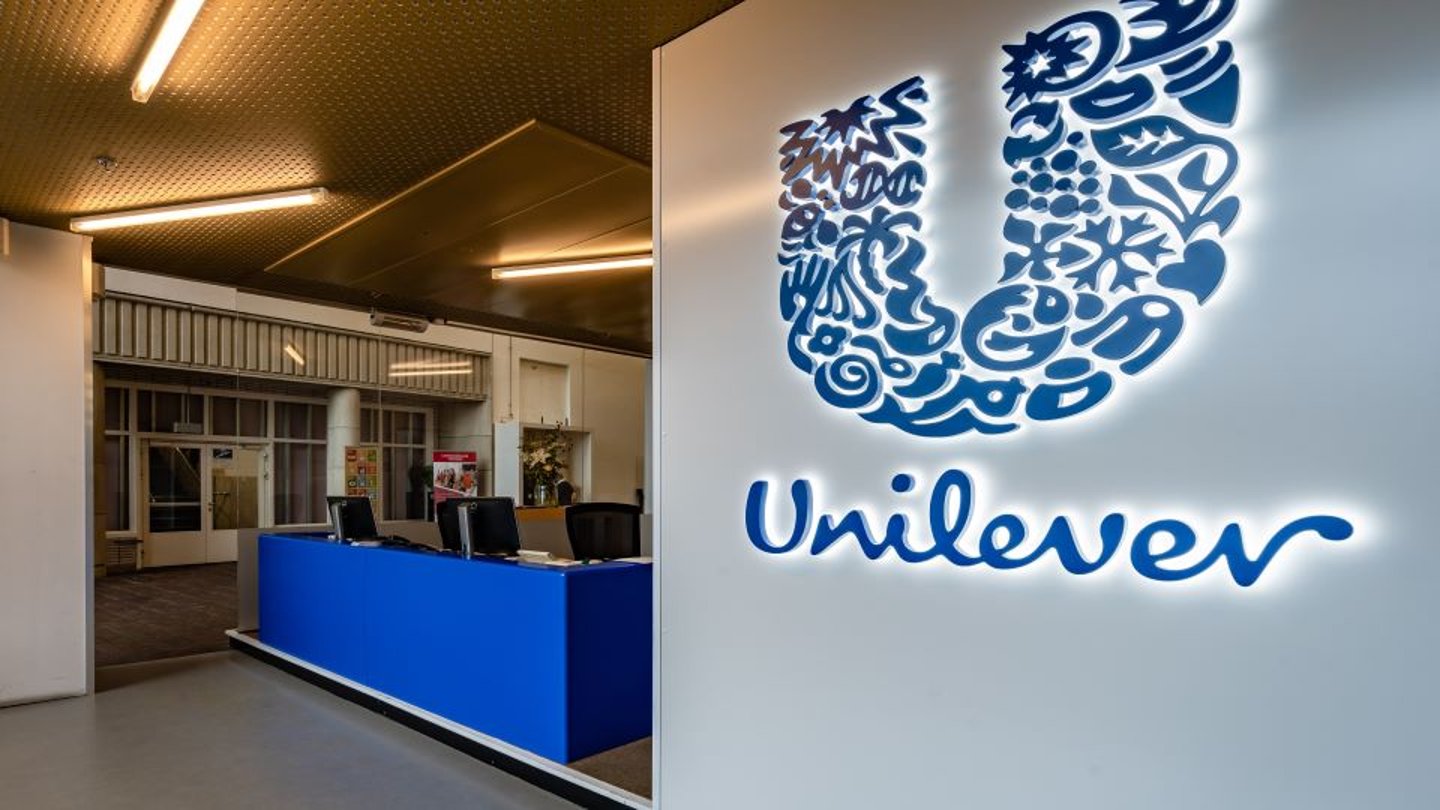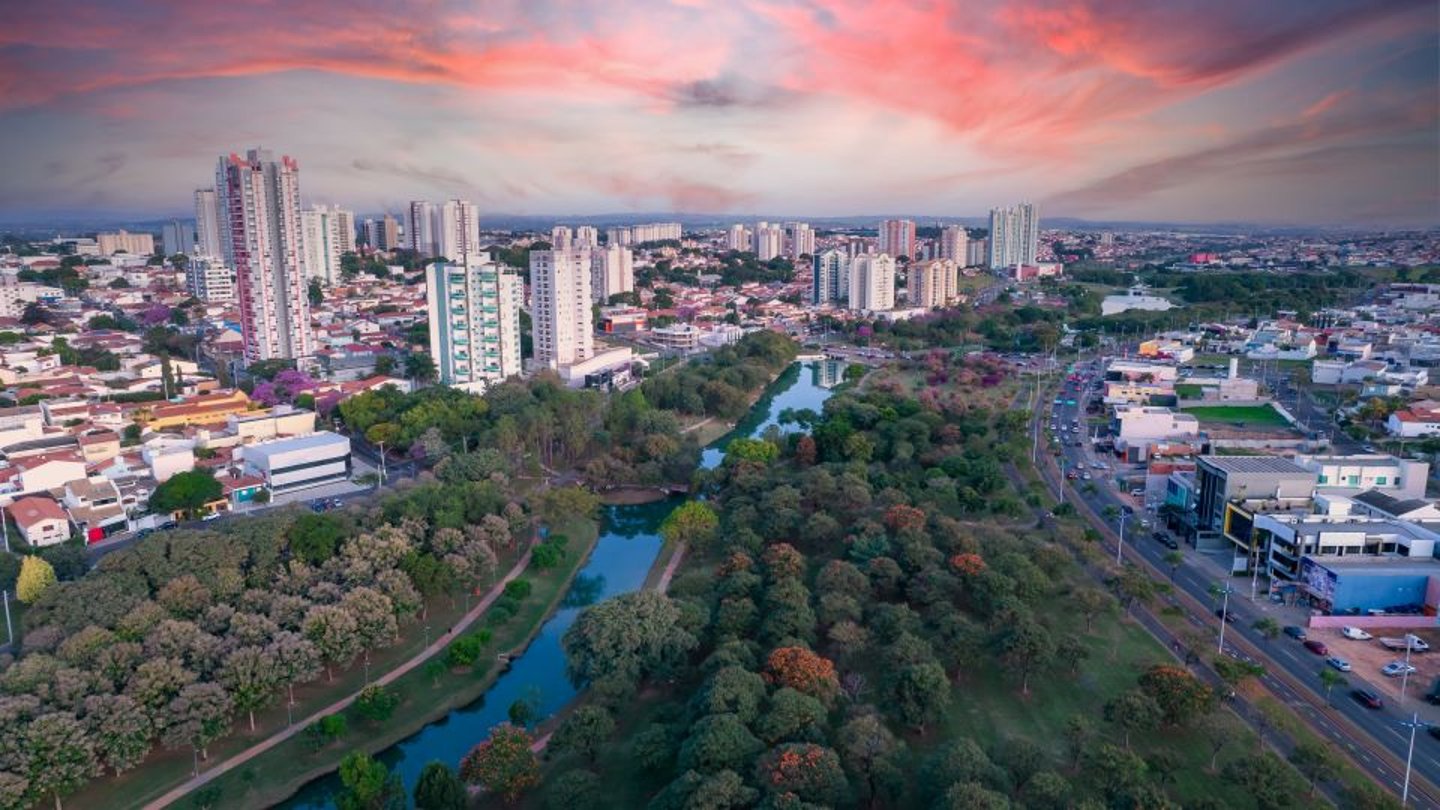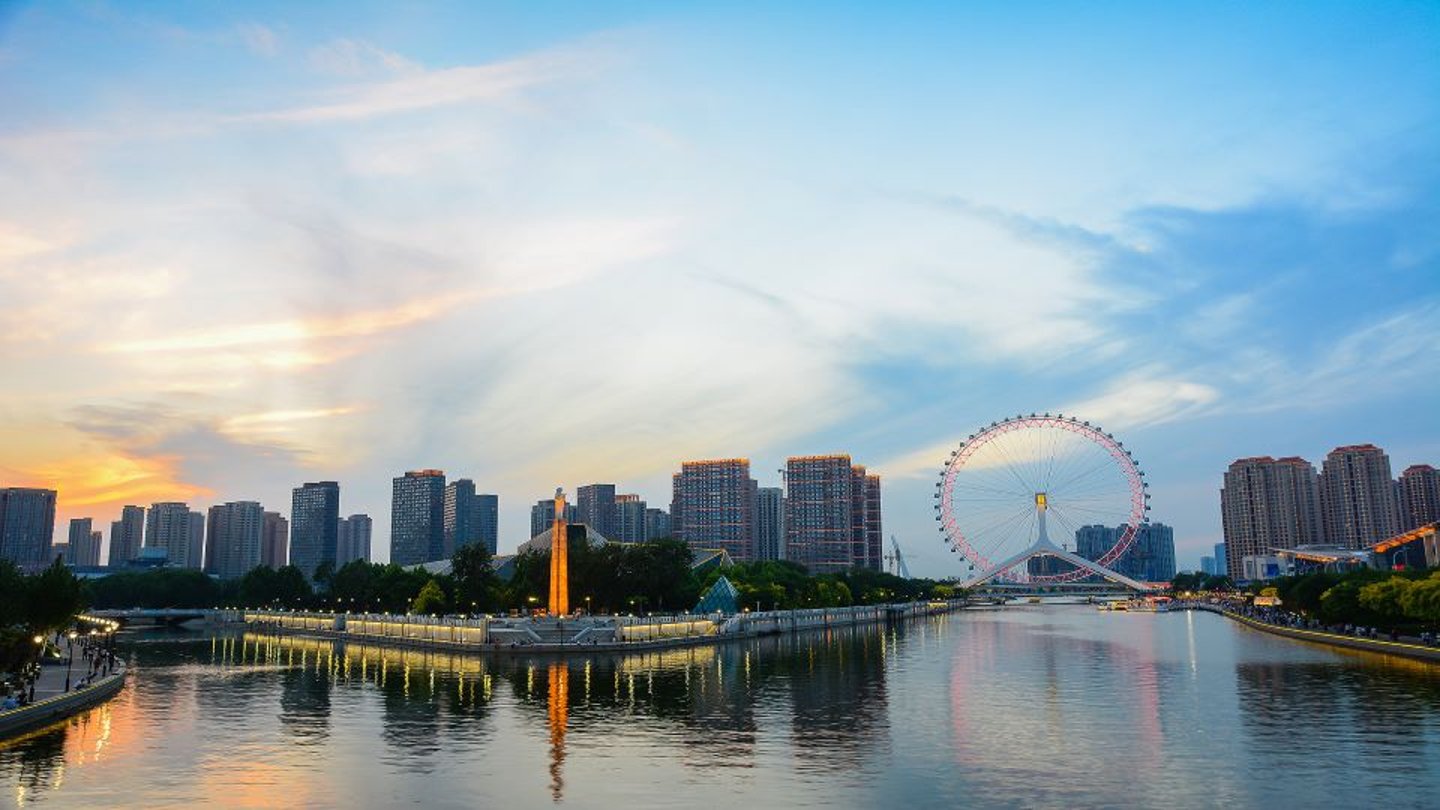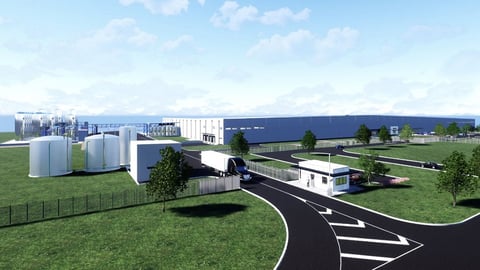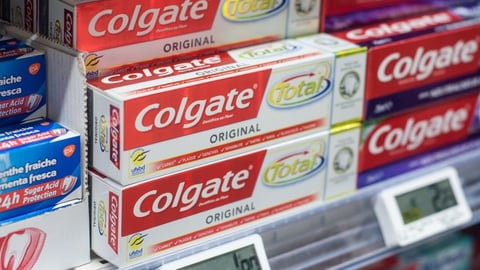How Is Unilever Readying for Industry 4.0? With 2 New Lighthouse Awards
Unilever has been awarded Lighthouse status by the World Economic Forum (WEF) for two more of its factories. Its Tianjin, China and Indaiatuba, Brazil locations are being recognized for implementing advanced fourth industrial revolution (4IR) technologies, such as machine learning, artificial intelligence, and digital twins.
Learn more about Tianjin here and Indaiatuba here.
The World Economic Forum has been awarding sites since 2018 that are adopting advanced technologies in manufacturing and supply chain operations. They maximize efficiency and competitiveness, drive sustainable business growth, and showcase a model that can be replicated across different industries and geographies.
According to Francisco Betti, head of advanced manufacturing and value chain at the World Economic Forum, Lighthouses demonstrate how companies can scale advanced tech across manufacturing networks, suppliers, customers, or other functions like procurement, logistics, and research and development.
Unilever said in a company blog post that by integrating these technologies, it has been able to increase productivity and efficiency, respond more quickly to consumer demand shifts, better equip its workforce with digital skills, and be more mindful of environmental impacts.
Brazil and China, added on to Unilever’s Dubai (personal care) and Dapada (home care) factories, means the company now has a lighthouse across each one of its business groups.
“To be named a Lighthouse Factory is one of the world’s most influential awards in the field of advanced manufacturing. It’s not only a professional endorsement, but also means that we have advantages over our competitors in terms of better products and service,” said Reginaldo Ecclissato, Unilever’s chief business operations officer, in a statement. “It will continue to help our business grow with digital-driven rapid response and deliver long-term value.”
More About Unilever’s Factories
Indaiatuba, Brazil: Laundry Detergent Plant
— Digital twin
— Machine learning
— Artificial intelligence
— Automation
— Digital Upskill
The company’s Brazil plant — the largest renewable energy soap powder production plant in the world — is the first of Unilever’s factories in Latin America to earn WEF’s recognition. The factory implements digital twins, artificial intelligence, and machine learning to predict new processes for laundry powder formulas. The company reports this has improved cost efficiency and agility, eliminating the need for physical trials and speeding up innovation. Additionally, it has significantly cut down on Unilever’s environmental footprint.
Unilever’s previous process accounted for 80% of the plant’s energy consumption. By switching over to locally sourced biomass for power and implementing these technologies (which improve thermal efficiency), the company has cut down on the plant’s scope 1 emissions by 96% and energy consumption and related costs by more than 50%.
Additionally, the company is leveraging machine learning to increase the quality of its products and reduce waste by improving sealing for its laundry detergent packs.
By tapping into machine learning, the company no longer relies on manual processes, which in the past was prone to human error due the heavy lift: 600 daily decisions, 13 variables, and constant changes. Unilever says the team can now predict ideal allocations and routes using real-time data in order to reduce distribution costs, and improve inventory and service levels.
Machine learning has also allowed the company to predict optimal times for equipment maintenance and maximize machinery availability.
The company has also heavily invested in its workforce, launching a digital training program to upskill employees (as well as more than 70 employees from seven other Unilever factories in the region). Unilever also taps into a network of 35 partners to quickly innovate and prototype, these include start-ups, universities, and suppliers.
Tianjin, China: Nutrition Factory
— Advanced data analysis
— Machine learning
— Dynamic supply modeling
— 100% green electricity
The company's Tianjin factory produces the company’s Knorr and Hellmann’s products, and is the world’s first lighthouse factory that is dedicated to savory foods — and the company’s third lighthouse in China.
By implementing data analysis and machine learning in this location, Unilever has been able to improve its strategies around serving existing and new restaurant customers. The technology improves agility in its manufacturing processes, allowing Unilever to quickly increase or decrease production depending on shifts in customer orders and demand.
Also, through dynamic supply modeling, Unilever integrates its planning systems and is able to better translate data to suppliers, increasing control over inventory and logistics. This has also helped minimize waste and business loss, drive market expansion, and increase brand penetration in towns and small cities, says Unilever.
- The Impact of Sustainable Business Practices
- Cut order-to-delivery lead time by more than 40% in Indaiatuba
- Doubled labor productivity via “lights-out production” in Tianjin – 24/7 manufacturing with minimal operator intervention
- Reduced electricity consumption by 32% and carbon emissions by 17% in Tianjin by relying on 100% green electricity generated on-site from wind, water, solar, geothermal, and biomass
- Projected to reduce CO2 emissions at Indaiatuba by 37 million liters every year


